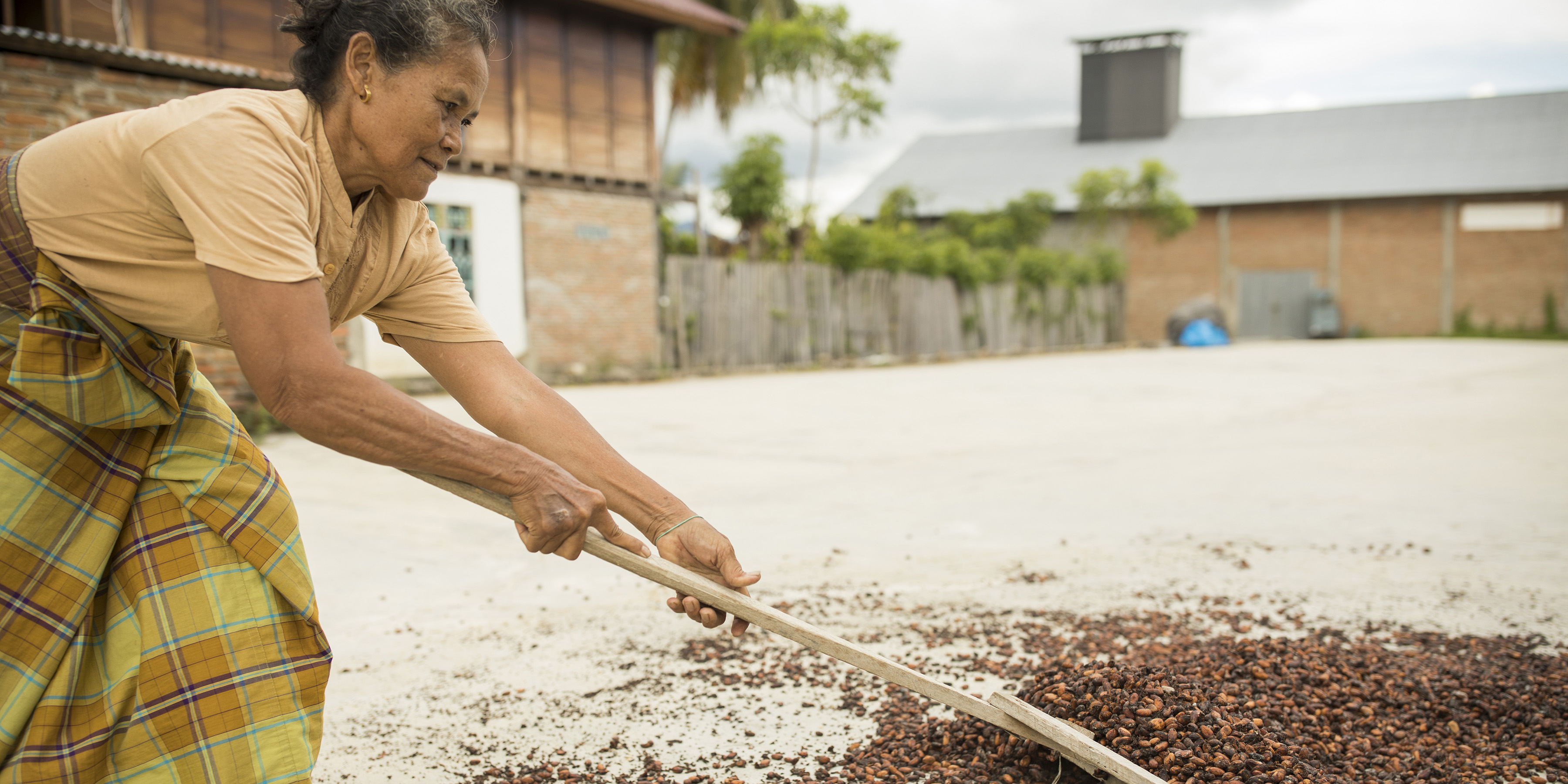
August 2019
Star Report
Indonesia Compact
With a population greater than all other MCC compact countries combined and an island geography spanning the same distance as from Miami, Florida to Juneau, Alaska, Indonesia was not a typical MCC partner country. Given Indonesia’s large economy, sizeable population, and geographic expanse, the compact focused on innovation and opportunity for scale, allowing the Government of Indonesia to tackle existing problems in innovative ways by using different standards and incorporating international best practices.
- Signed: November 19, 2011
- Entry into Force: April 2, 2013
- Compact End Date: April 2, 2018
What is the Star Report?
The Star Report provides a comprehensive and accessible assessment of MCC’s investments in a given country, builds on MCC’s longstanding commitment to results and accountability, and is a go-to resource for policymakers, think-tanks, NGOs, and businesses alike. While MCC has produced Closed Compact Reports in the past, the Star Report offers a more complete narrative—from initial country selection by MCC’s Board of Directors through final project evaluation—and highlights investment objectives, partnerships, policy reforms, results, and lessons learned.
-
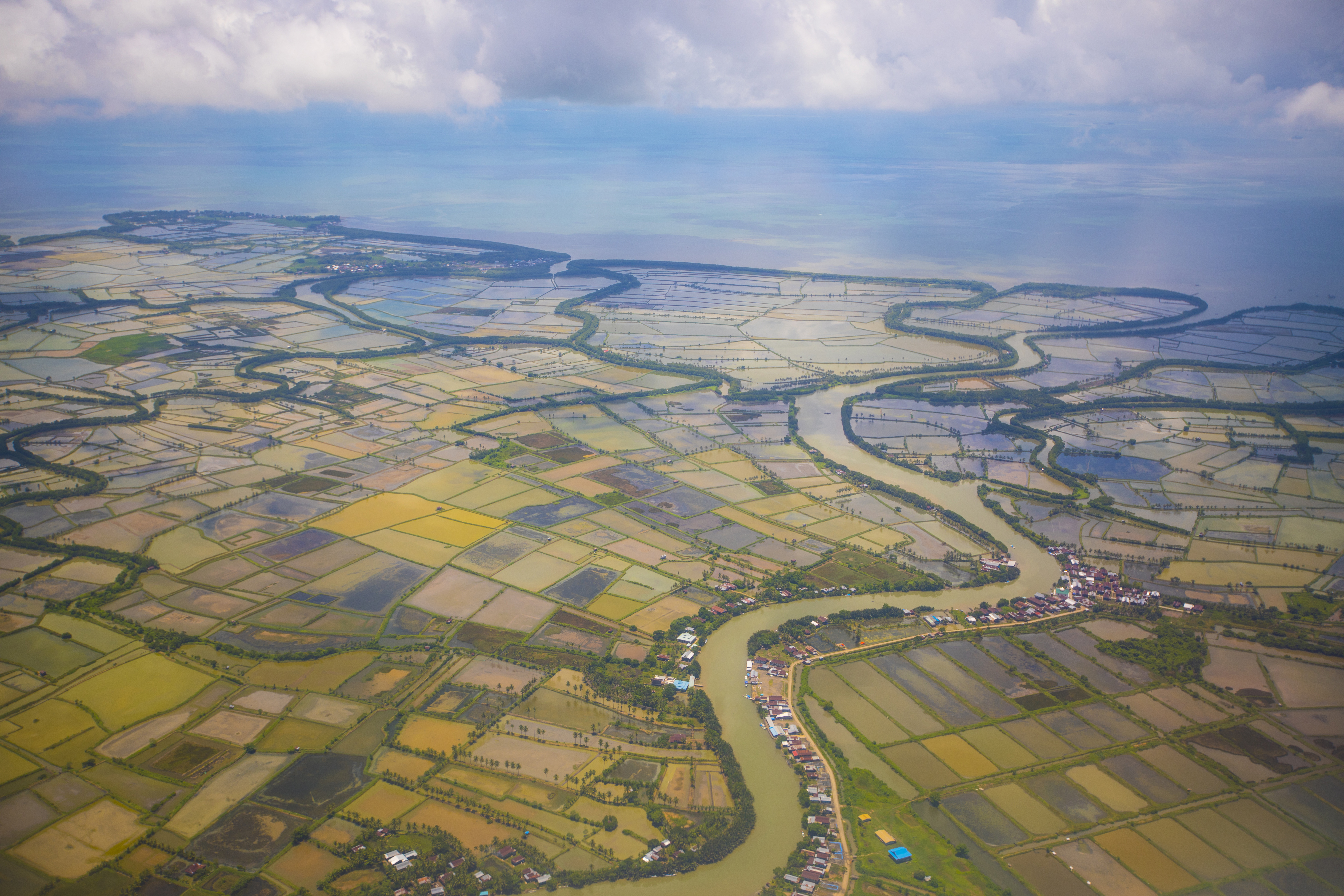
In 2013, MCC partnered with Indonesia to implement a five-year, $474 million compact that invested in “green prosperity,” community-based health and nutrition, and the modernization of the country’s procurement system.
-
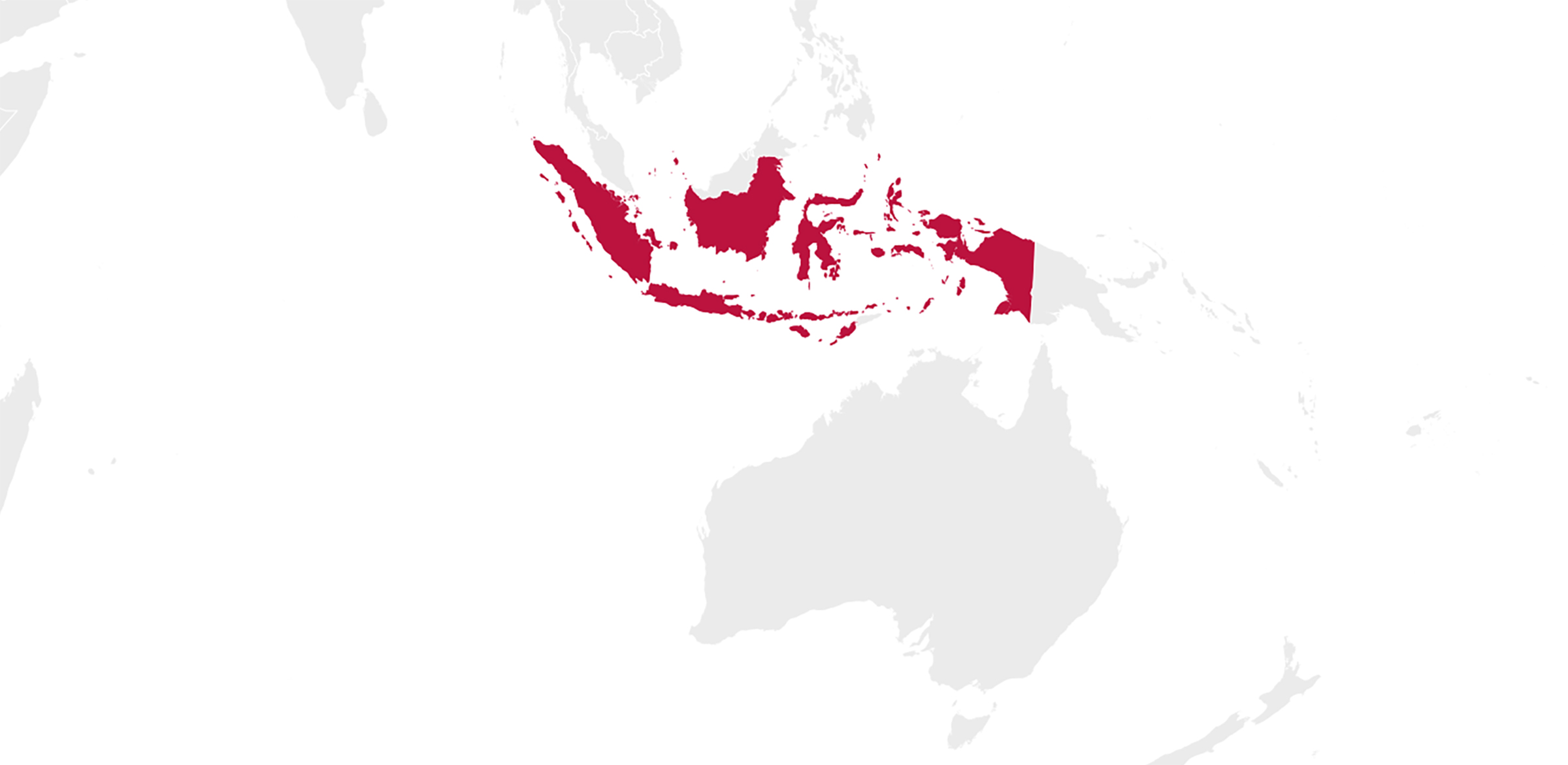
With a population greater than that of all other MCC compact countries combined, more than 17,000 islands, an independent, nationally-oriented government, and an expansive economy with large private and donor inflows, Indonesia was unlike any other MCC partner.
-
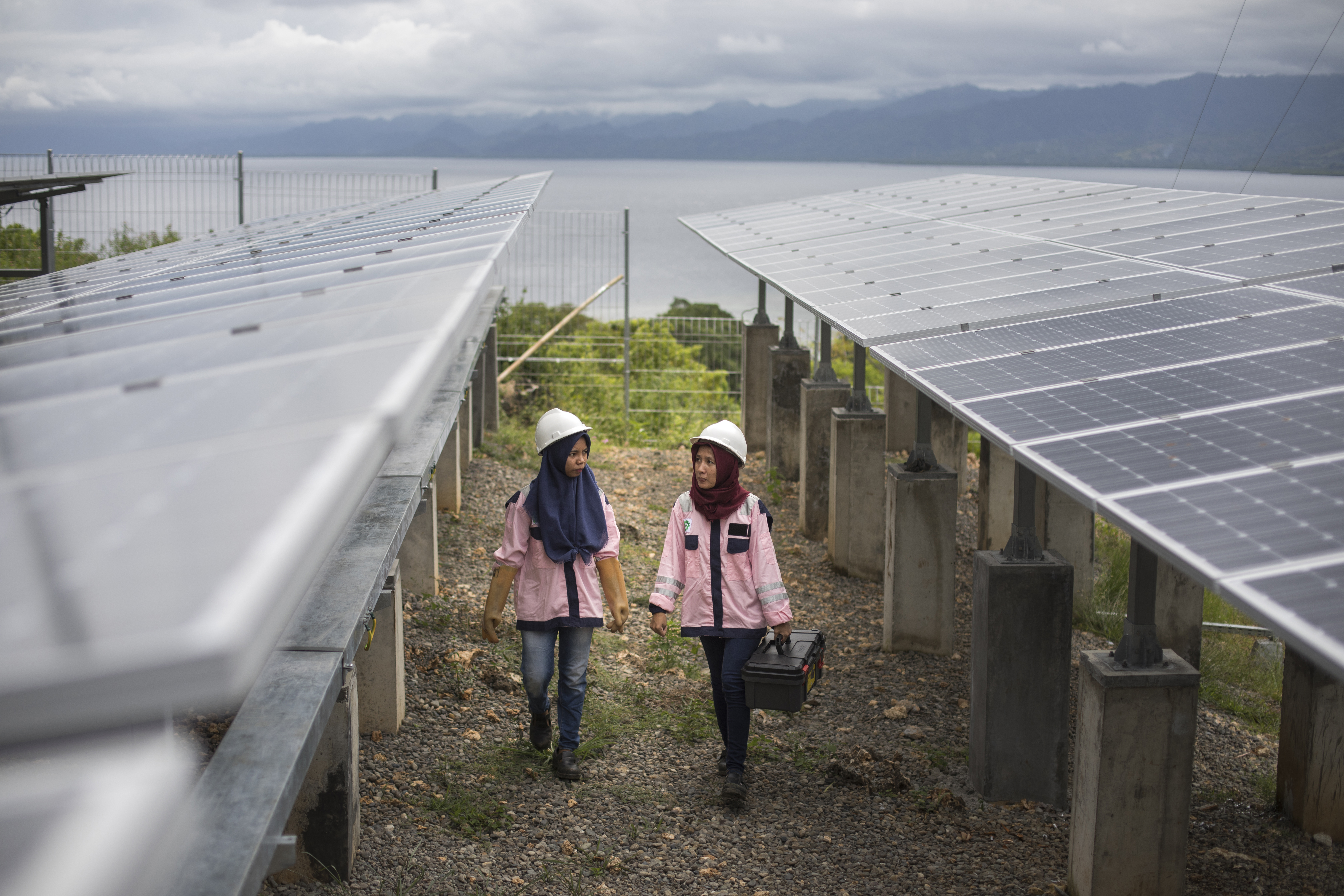
The Green Prosperity Project aimed to increase economic productivity through reduced reliance on fossil fuels by expanding renewable energy; and reduced land-based greenhouse gas emissions by improving land use practices and management of natural resources.
-
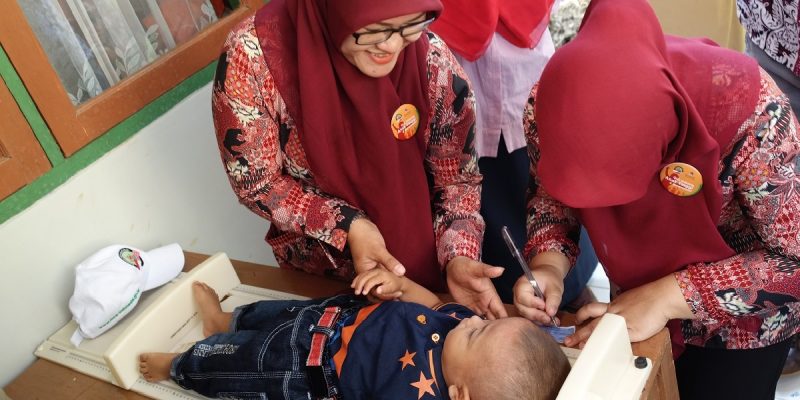
The Nutrition Project sought to reduce and prevent low birth weight and childhood stunting and malnourishment of children in project areas, resulting in increased household income through health cost savings, productivity growth, and higher lifetime earnings.
-
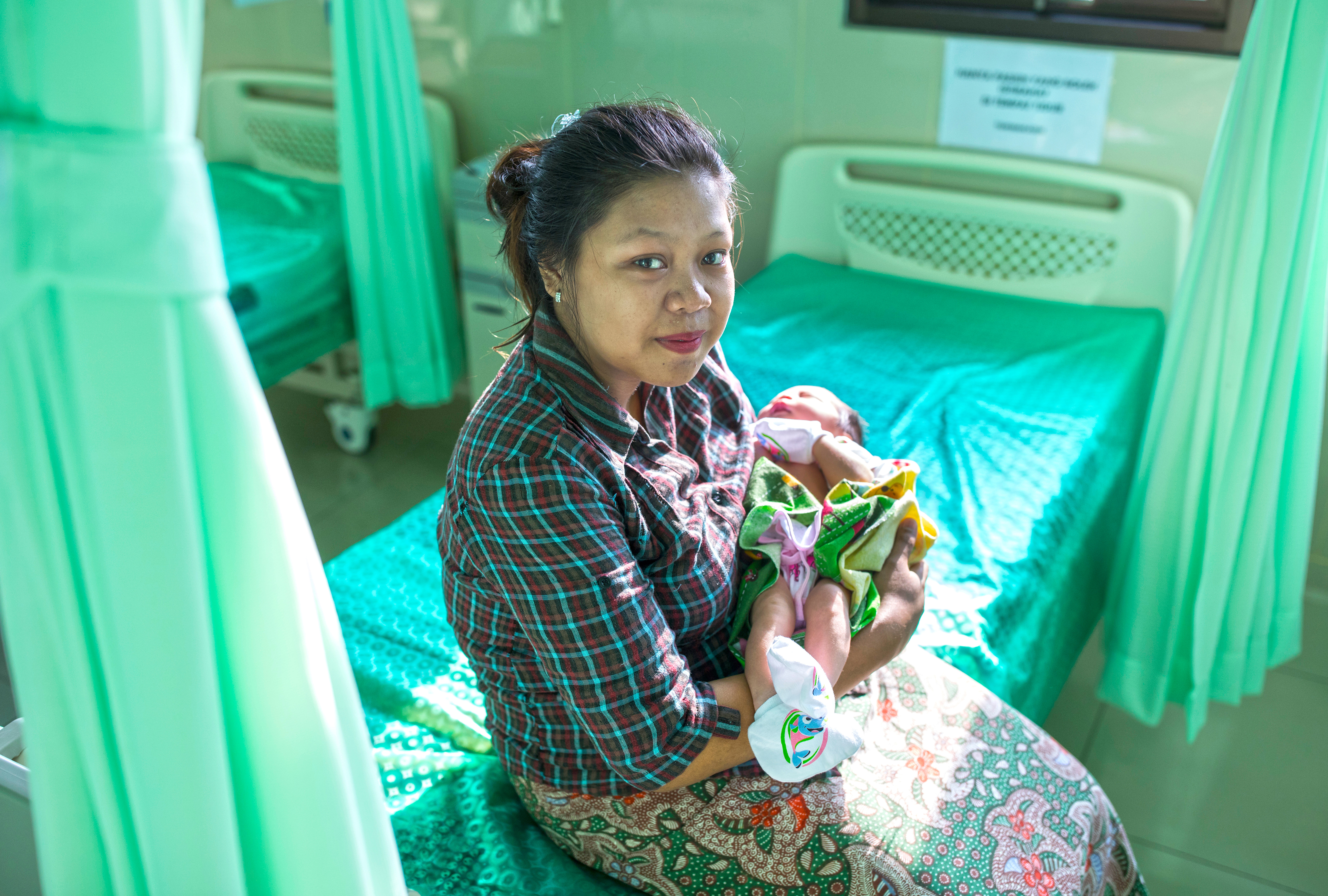
The Procurement Modernization Project aimed to create a cadre of professional officials to reduce costs and achieve efficiency in procurement.
-
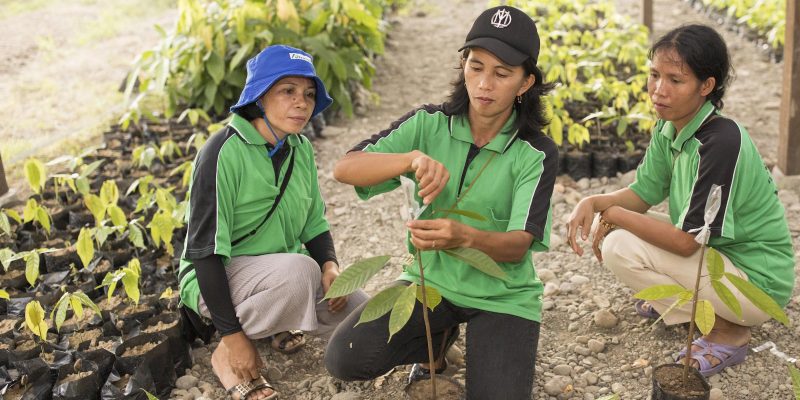
Prompted by several developments in the compact, MCC approved a reallocation from the Green Prosperity Facility Activity to the PLUP Activity, the Procurement Modernization Project, and the Nutrition Project.
-
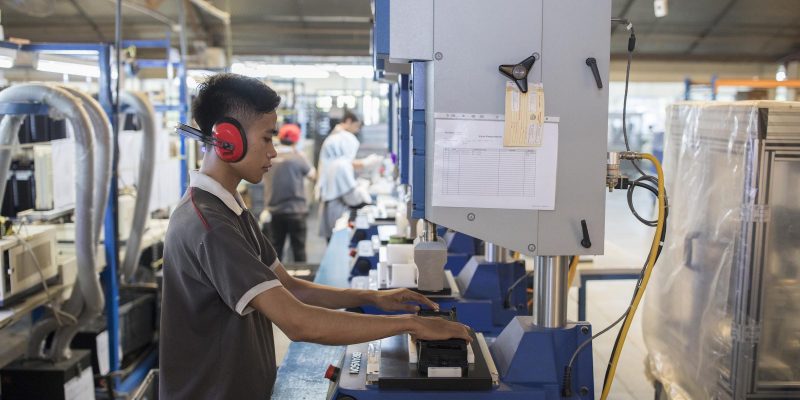
The compact was situated in an already crowded field of donor assistance in Indonesia so it was important to select sectors with demonstration effects. In doing so, MCC had opportunities to work with other development partners to build upon their knowledge.
-
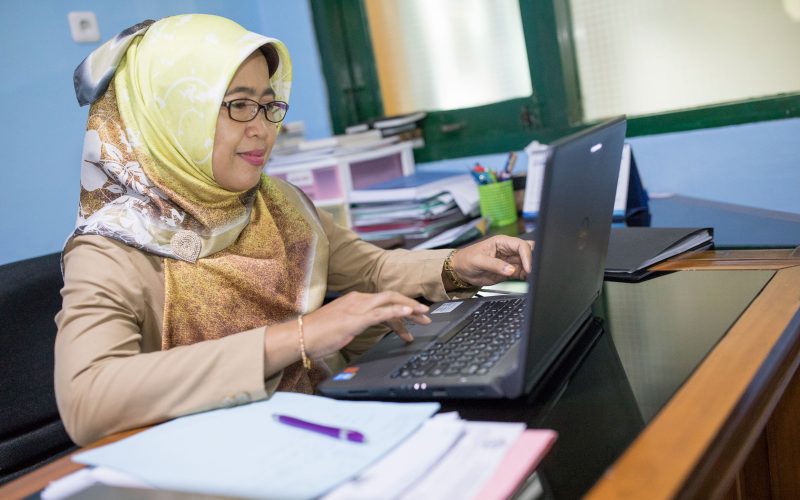
Several conditions precedent to compact funding were identified for the Procurement Modernization and Nutrition Projects. Many reforms were also necessary for the execution of the Green Prosperity Project, like regulations for electricity project development.
-
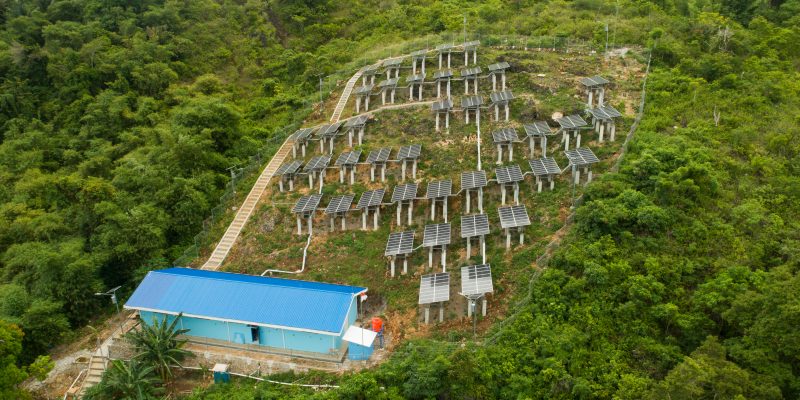
MCA-Indonesia was established as a national trust fund, a new and innovative model for development funding in Indonesia, which has allowed the government to explore taking a greater role in managing both donor aid and its own development funding.
-
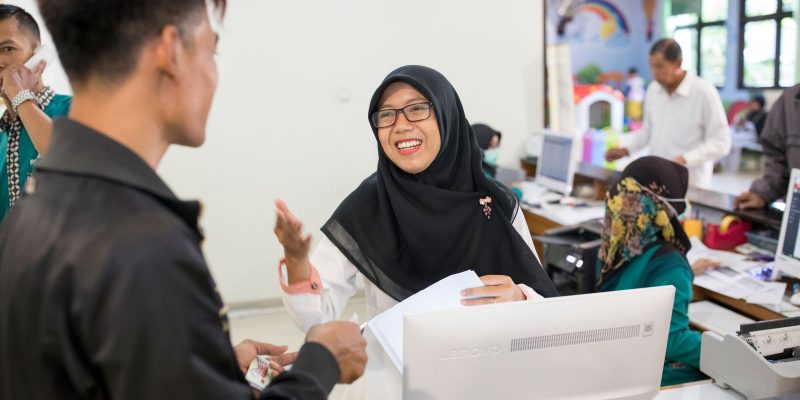
The Indonesia Compact’s investments in nutrition and sanitation, green prosperity, and procurement modernization yielded critical implementation and evaluation lessons for MCC, the Government of Indonesia, and the many other donors in these sectors.

